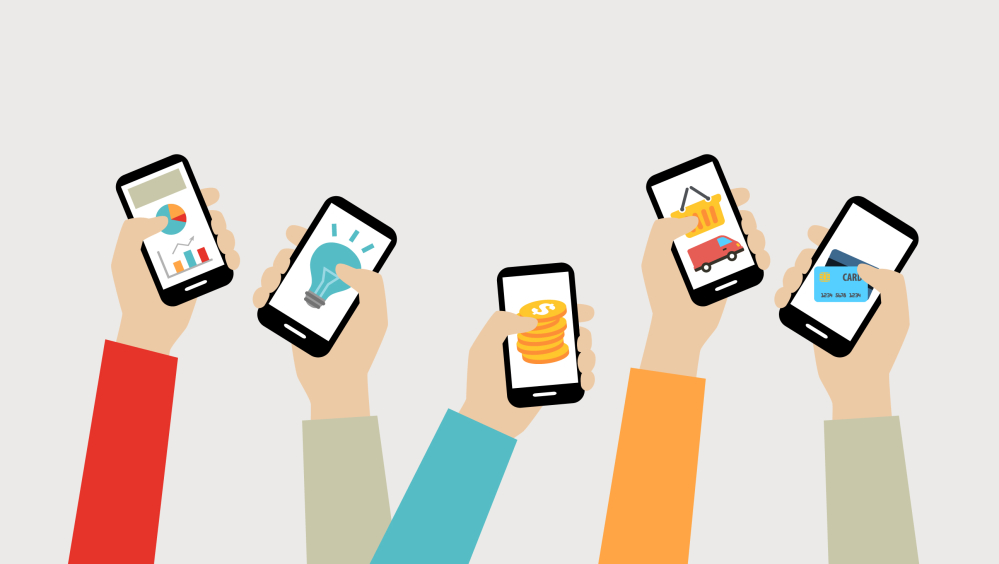How Digital Devices Have Changed the English Language
09 Feb 2016

The English language is always adapting, but these changes have come about more rapidly as technology has developed in recent years. As human beings we develop our own ways to express new things, as well as adapting to different forms of communications. As the digital era has changed the way we communicate, it has also affected the way we use language. We delve deeper in to the ways digital devices have been changing our lives to see how this has affected the English language.
Language Changes Due To Mobile and Social
In recent years, more and more of our communications are carried out via mobile devices and social media. These communication channels have introduced some new challenges to users, which have brought about changes in the use of language. Mobile and social interactions are limited by:
Speed of communications
Length of field
Lack of ability to express emotion
The need to communicate quickly, and sometimes in a set number of characters (think Twitter, or a limited length text message) has brought about an increase in acronyms & abbreviations. Sometimes known as ‘txt spk’, a shortening of words came about with the introduction of mobile phones. Words can be easily understood without vowels, so where space was limited, texters began removing the vowels to fit their message in to a limited space.
A second challenge of fast, written communication such as a text, tweet or social media chat is that it lacks intonation or emotion. It is possible for a recipient to read something in to a short message that’s not there, or miss something that is. Users got around this by using emoticons to add meaning & emotion to their communications.
Acronyms have also become commonplace to save both time and space in a message. The majority of people understand the meaning of ‘lol’, ‘brb’, or ‘omg’ these days, but go back 30 years and they would be meaningless to most of us.
As well as changing words and ways of expressing yourself, our digital devices have also created needs for new words. Before smartphones we had no need to say ‘selfie’, before social media we didn’t ‘unfriend’ people or ‘inbox’ them. Other words that already existed also have new meanings, like ‘wall’, ‘status’ or ‘troll’.
Language Changes Brought About By the Internet
The internet has allowed us to become connected in a way that was not possible in the past. This level of immediate connection has helped new phrases, words and ways to communicate become commonplace much faster than we had been used to. It has also helped companies to achieve rapid growth to become such household names that their brand names have entered in to our language as words.
The biggest example of this is the verb ‘to Google’. Rather than expressing that we are going to search the internet for something, we ‘google it’. The search engine has taken so much of the market share for the function it performs it has become one and the same, even though other search engines are available. But it’s not the first time this has happened. Many of us refer to ‘hoovering’ rather than vacuuming – showing that changes in technology updated our language well before the dominance of the internet.

Please login to comment.
Comments